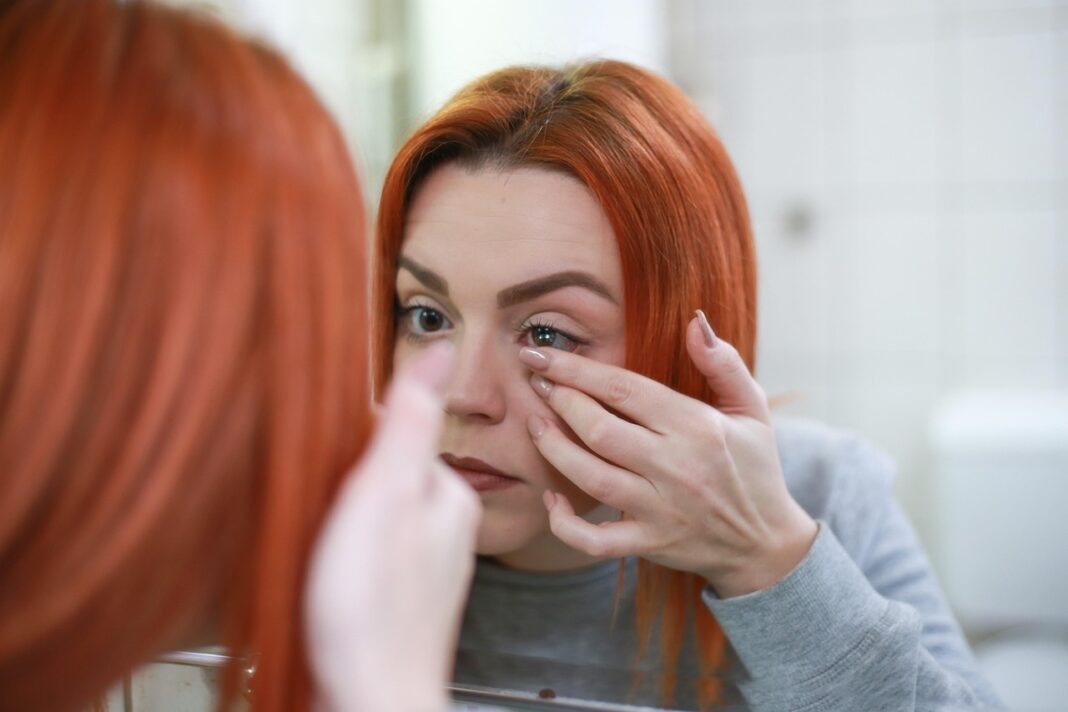As winter approaches, that familiar sting when stepping outside on a frosty morning, or the gritty dryness after a day in centrally heated rooms, can leave your vision feeling less sharp and more strained.
If you wear contact lenses, your lenses may feel less comfortable than usual.
By adjusting everyday habits, you can protect your vision and keep discomfort at bay throughout the colder months.
Understanding Winter Eye Challenges
Cold weather itself doesn’t damage your eyesight, but it does change the conditions your eyes work in. Dry indoor heating strips moisture from the air, which can leave your eyes feeling itchy and sore. At the same time, sharp winds outdoors make your tear film evaporate more quickly. This can be particularly frustrating if you spend a lot of time outside.
The problem isn’t limited to dryness either. Winter sun sits lower in the sky, which increases glare, especially when it reflects off wet roads or frosty pavements. You may find yourself squinting behind the wheel more often, which not only feels uncomfortable but can also make driving more tiring.
Recognising these seasonal stressors helps you respond proactively, instead of accepting sore or tired eyes as inevitable.
Practical Tips to Keep Eyes Healthy
Outdoors, small adjustments make a noticeable difference:
- Wrap a scarf loosely to shield your eyes from cold winds.
- Wear polarised sunglasses to cut glare from wet roads or frosty pavements.
- Indoors, heating dries the air quickly. A few simple habits help restore balance:
- Run a humidifier in rooms where you spend time.
- Follow the 20-20-20 rule when using screens to ease muscle strain.
- If you wear contact lenses, give your eyes a break with glasses in the evening and clean lenses thoroughly to remove winter dust and pollutants.

Nutrition and Eye Protection
Diet plays a quiet but meaningful role in eye health, particularly during winter when you may drift towards heavier comfort foods. Certain nutrients make a real difference to how your eyes feel day to day:
Omega-3 fatty acids from oily fish such as salmon, or plant sources like flaxseed, help maintain tear quality and ease that gritty, uncomfortable sensation.
Vitamin C and E strengthen the small blood vessels in your eyes, while lutein and zeaxanthin, which can be found in spinach, kale, and peppers, support long-term retinal health.
Warm drinks like green tea provide antioxidants and keep you hydrated, which is as important for your eyes as for your skin.
Instead of relying solely on supplements, build these nutrients into meals you already enjoy. A hearty winter stew with carrots and leafy greens not only warms you on cold evenings but also delivers a useful boost for your vision. By making these small, intentional choices, you protect your eyes as reliably as you do your immune system.
